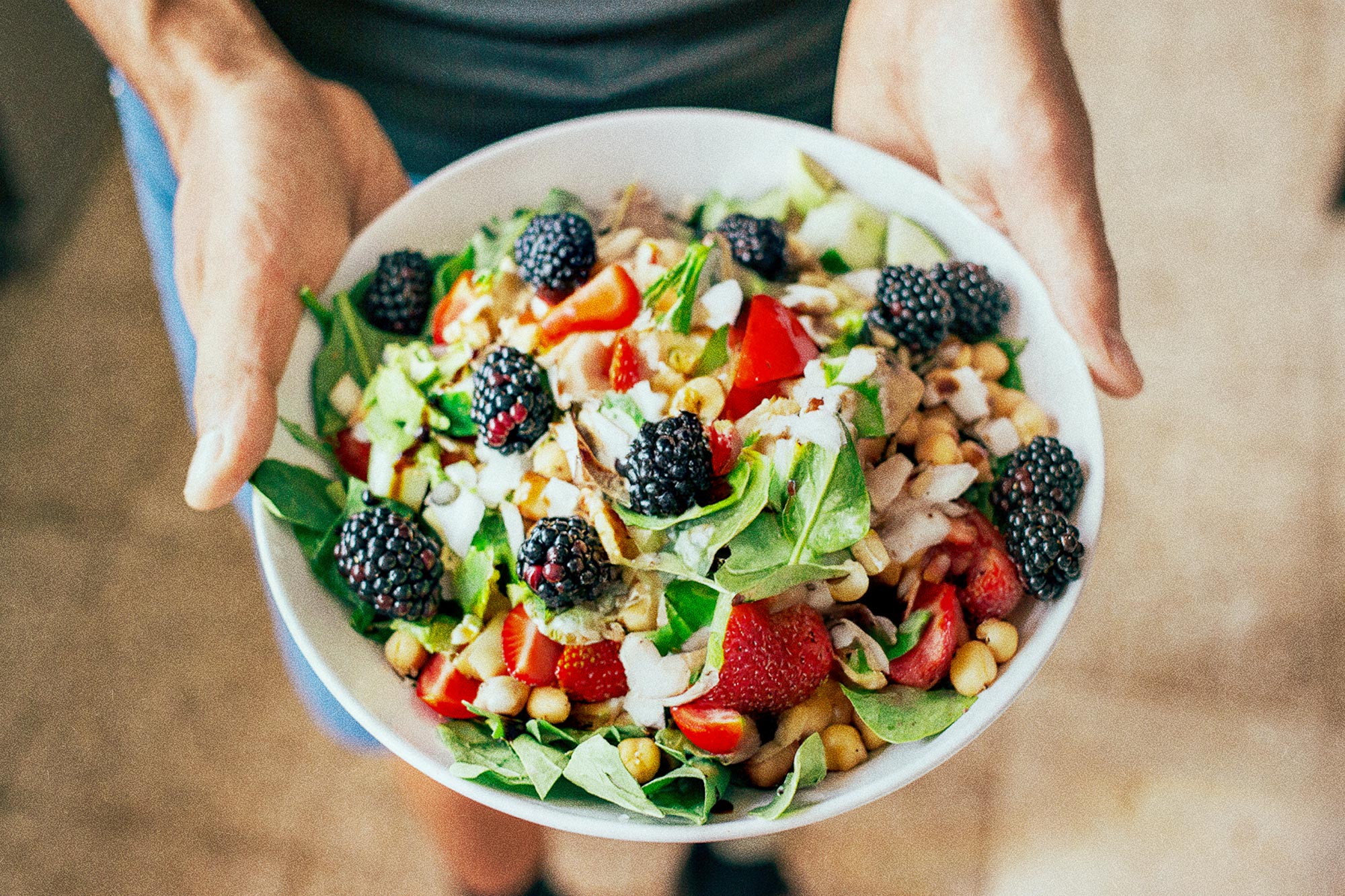The Building Blocks of Healthy Veins
Structural Integrity
For your veins to withstand the constant pressure of blood flow, their walls must be both strong and flexible. One key factor in maintaining this balance is collagen production.
With that, electrolytes like magnesium and potassium help veins relax and maintain their structure and function effectively, she added.
Blood Flow Regulation
Structural integrity is essential, but efficient circulation is just as important. Proper blood flow ensures that blood moves smoothly through the veins without pooling, which can contribute to a range of vein issues.
Inflammation Control
The final key to healthy veins is controlling inflammation. Chronic inflammation weakens blood vessel walls, increases oxidative stress—when free radicals damage cells in the body—and can eventually contribute to conditions like chronic venous insufficiency (CVI), varicose veins, and even deep vein thrombosis (DVT), Duval explained.
An imbalance of omega-6 fats—often found in processed foods—along with insufficient omega-3 fatty acids, can also contribute to inflammation, Duval added.
Foods That Support Vein Health
When considering the role of key nutrients in the building blocks of healthy veins, certain foods can play an important role in supporting healthy vein function over time, Duval said.
According to Duval, top foods that support vein health include the following:
- Berries such as blueberries, blackberries, and raspberries are packed with antioxidants, which reduce inflammation and help strengthen tiny blood vessels.
- Citrus fruits such as lemons, oranges, grapefruits, and limes are rich in vitamin C and other compounds, which improve the strength of blood vessels.
- Leafy greens such as spinach, kale, and Swiss chard provide vitamin K, which supports healthy blood vessels and helps prevent hardening in veins.
- Beets contain nitrates that boost blood flow by increasing nitric oxide levels and causing veins to dilate.
- Garlic and onions have natural properties that reduce inflammation, help thin the blood, and improve circulation.
- Dark chocolate (with high cacao content) contains compounds that support healthy blood flow and vessel function.
- Bone broth and collagen-rich foods help repair connective tissue and strengthen vein walls.
- Pumpkin seeds and almonds provide magnesium, which helps relax blood vessels and support circulation.
- Tomatoes contain lycopene, an antioxidant that protects blood vessels from damage and improves blood flow.
Foods to Avoid
While certain foods can support healthy veins, it’s equally important to be aware of dietary habits that can negatively impact vascular health. A diet that is high in sugar, processed foods, trans fats, and alcohol can contribute to vein damage.
“Avoiding processed foods can help prevent swelling and further damage to blood vessels,” Duval said.
The biggest dietary contributors to vascular inflammation, according to Duval, include the following:
- Refined sugar and high-fructose corn syrup spike insulin levels, damage blood vessels, and increase oxidative stress.
- Processed vegetable oils such as canola, soybean, and sunflower are high in omega-6 fats, which promote inflammation and impair circulation.
- Artificial additives and preservatives can trigger gut inflammation, indirectly affecting vascular health.
- Excess sodium can lead to fluid retention and swelling, putting extra pressure on veins.
The Importance of Hydration
In addition to dietary intake, proper hydration is another important factor for vein health.
This thickness increases the risk of blood pooling and clot formation, particularly in the legs. Dehydrated veins can further lose elasticity, making them more prone to damage and conditions like varicose and spider veins, Duval said.
“I always recommend structured hydration.”
She suggests starting the day with water and minerals, drinking consistently throughout the day—not just when thirsty—and ensuring a balance of electrolytes like sodium, potassium, and magnesium to prevent dehydration-related swelling.
Her specific recommendation is to begin the morning with water, Celtic sea salt, or potassium-rich coconut water.
Support the Body Holistically
In addition to hydration, movement is key.
“Avoiding prolonged sitting and incorporating incidental movement can also be beneficial,” Duval noted.
Veins rely on movement and muscle contractions to help blood flow, especially in the legs, Duval added.
“Vein health isn’t just about circulation—it’s about maintaining vascular integrity, reducing inflammation, and supporting the body holistically,” Duval said.









